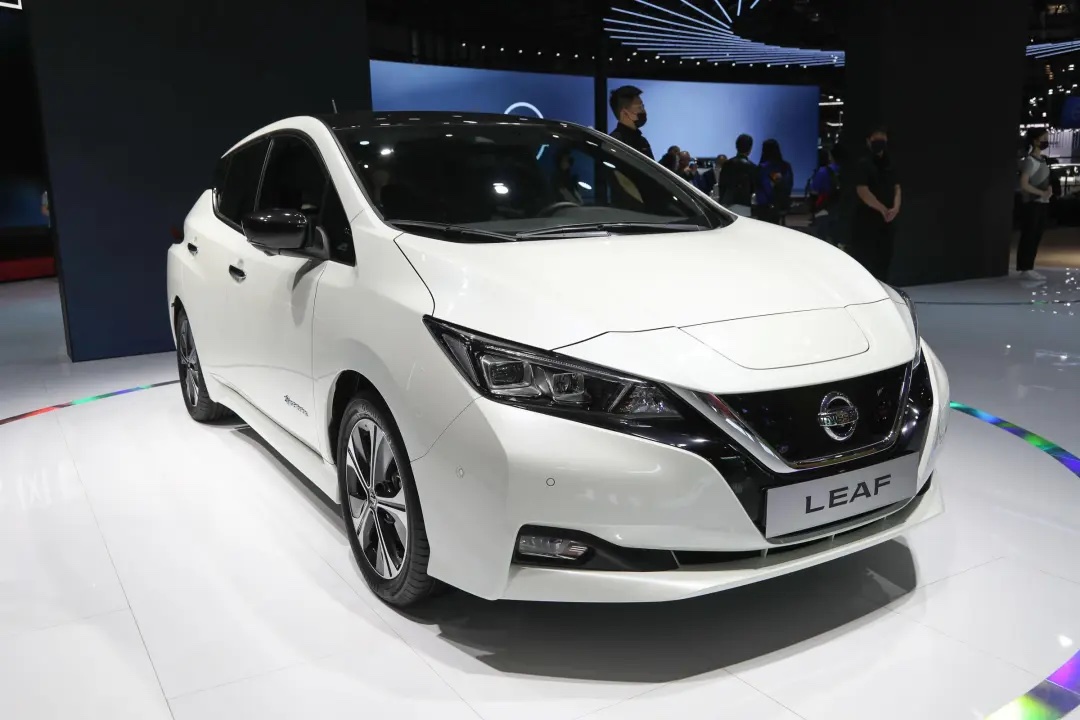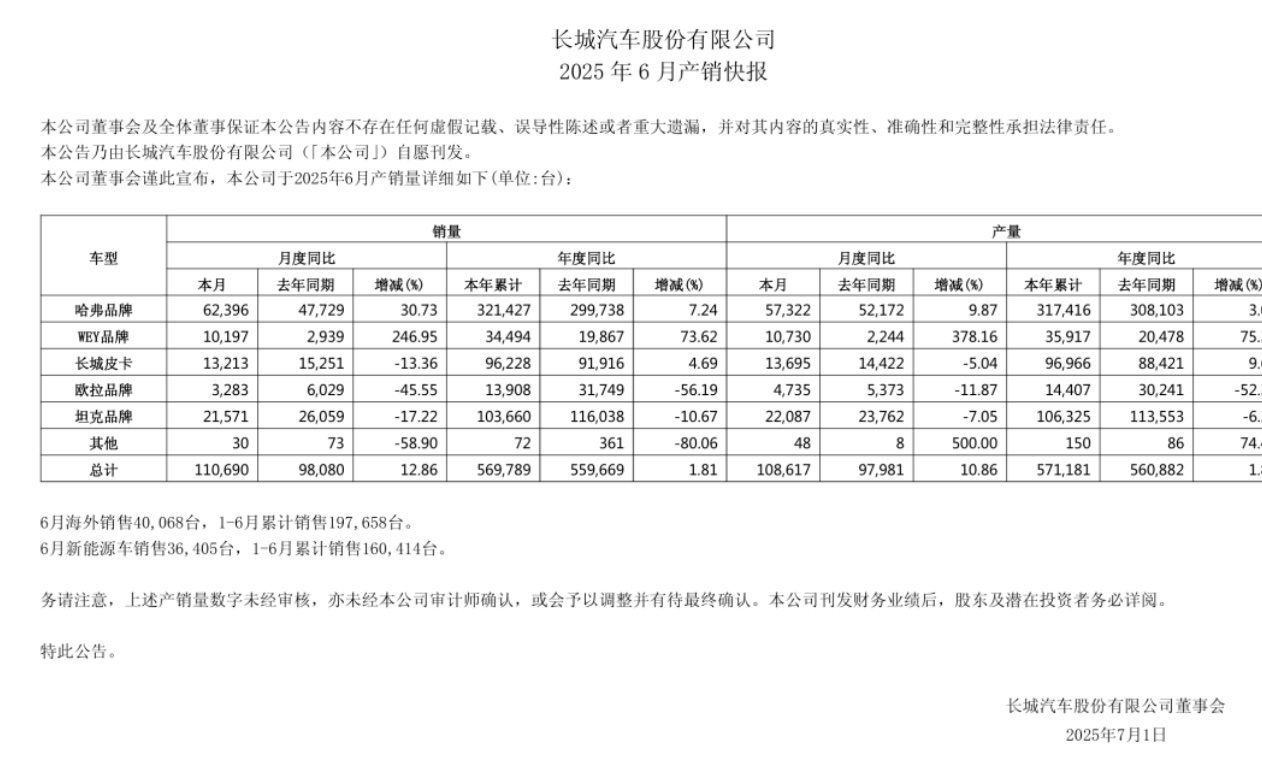Local time on March 25, the Japanese automaker Nissan Motor announced its medium-term plan until March 2027 (fiscal year 2026).
Nissan said it plans to add another 1 million vehicles in sales by the end of fiscal year 2026, and launch 30 new models by fiscal year 2026, including 16 electric vehicles and 14 internal combustion engine models, to achieve cost parity between electric vehicles and fuel vehicles by 2030. In the field of batteries, Nissan plans to invest more than 400 billion yen in battery capacity, and batteries will be developed and purchased together with partners to bring 135 GWh of global capacity. In addition, Nissan also said that it plans to increase the operating profit margin to more than 6% by the end of fiscal year 2026.
Nissan President and CEO Makoto Uchida said in a statement: “This plan will enable us to go further and develop faster in driving value and competitiveness.” At the same time, Makoto Uchida pointed out: “In the face of extreme market fluctuations, Nissan will take decisive action under the new plan to ensure sustainable growth and profitability.”
In recent times, Nissan has been quite active.
On March 14, Nissan China announced a number of senior personnel appointments on its official website, and the new personnel appointments will take effect on April 1, 2024. Among them, Nissan Motor Senior Vice President and Chairman of the China Management Committee, Shohei Yamazaki, will continue to hold his current position and his current scope of responsibilities will remain unchanged; the current President of Nissan Motor ASEAN Region, Kosei Sekiguchi, will be promoted to Vice President of Nissan Motor, General Manager of Dongfeng Nissan Passenger Vehicle Company, and report to Shohei Yamazaki. In addition, there have been personnel changes in the Executive Committee, R&D department, functional department, and production and manufacturing department. Among them, Tadashi Matsuyama, Vice President of Nissan Motor Operations Strategy Office (OSO) and General Manager of Nissan (China) Investment Co., Ltd., will serve as Vice President of Nissan Motor China Strategy & Special Tasks and General Manager of Nissan (China) Investment Co., Ltd. Regarding business related to China strategy, Tadashi Matsuyama will report to True Hara, Vice President of Nissan Motor; regarding business related to Nissan (China) Investment Co., Ltd., he will report to Shohei Yamazaki.
For the personnel adjustment, the official said that the personnel appointment aims to support the implementation of the new fiscal year and the next medium-term plan, accelerate the execution of Nissan’s electrification and market promotion strategies, and achieve long-term sustainable development.
Just one day later, Nissan Motors and Honda Motors announced the signing of a memorandum of understanding to carry out comprehensive cooperation in the electric vehicle business, including joint purchasing, joint development of power platforms, and commonization of spare parts. Nissan and Honda hope to achieve cost reduction through resource integration and enhance the competitiveness of electric vehicle products.
In fact, as one of the earliest auto companies to layout the electric vehicle field, Nissan introduced its first electric vehicle, the Leaf, to the market as early as December 2010. At that time, Nissan stated that it wanted to become a global leader in the production and promotion of pure electric vehicles. After the launch of this model, it achieved good sales results. Nissan also proposed that the total sales of its different versions of models would reach 100,000, 200,000, 300,000, and 400,000 in 2014, 2015, 2018, and 2019, respectively. However, due to the slow pace of local electrification industry chains and the update of three-electric technology, Nissan has always failed to effectively increase the profit margin of its electric products.
It wasn’t until September 2022 that Dongfeng Nissan launched a new pure electric SUV model, the ARIYA, which is built on Nissan’s new pure electric vehicle platform and is positioned as a compact SUV. It is regarded as a landmark product for Nissan’s electric transformation and plays an important role in Nissan’s electricization. However, in the highly competitive pure electric vehicle market, the ARIYA has no advantage in the auto market, so its sales have always been tepid. In the past 2023, only 3,702 units were sold, with a monthly sales volume of only over 300, far behind the sales of mainstream electric vehicles in China.
At present, fuel vehicles are still the keynote for Nissan Motors to maintain the market, but in the context of the continuous shrinking of the traditional fuel vehicle market and the continuous increase in the overall sales of new energy vehicles in China, including Nissan Motors, Japanese brands’ market share in China is gradually being divided. In addition, Nissan has no products with market competitiveness in the new energy field, resulting in a passive situation for Nissan Motors. In the future, Nissan Motors still needs to make greater innovations to keep up with the market. Of course, for Nissan Motors at present, it is more important to enhance the competitiveness of its core products in order to maintain a leading position in the fierce market.



